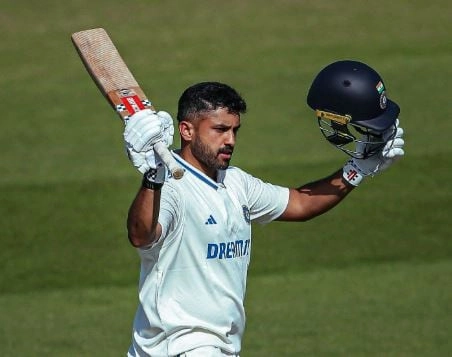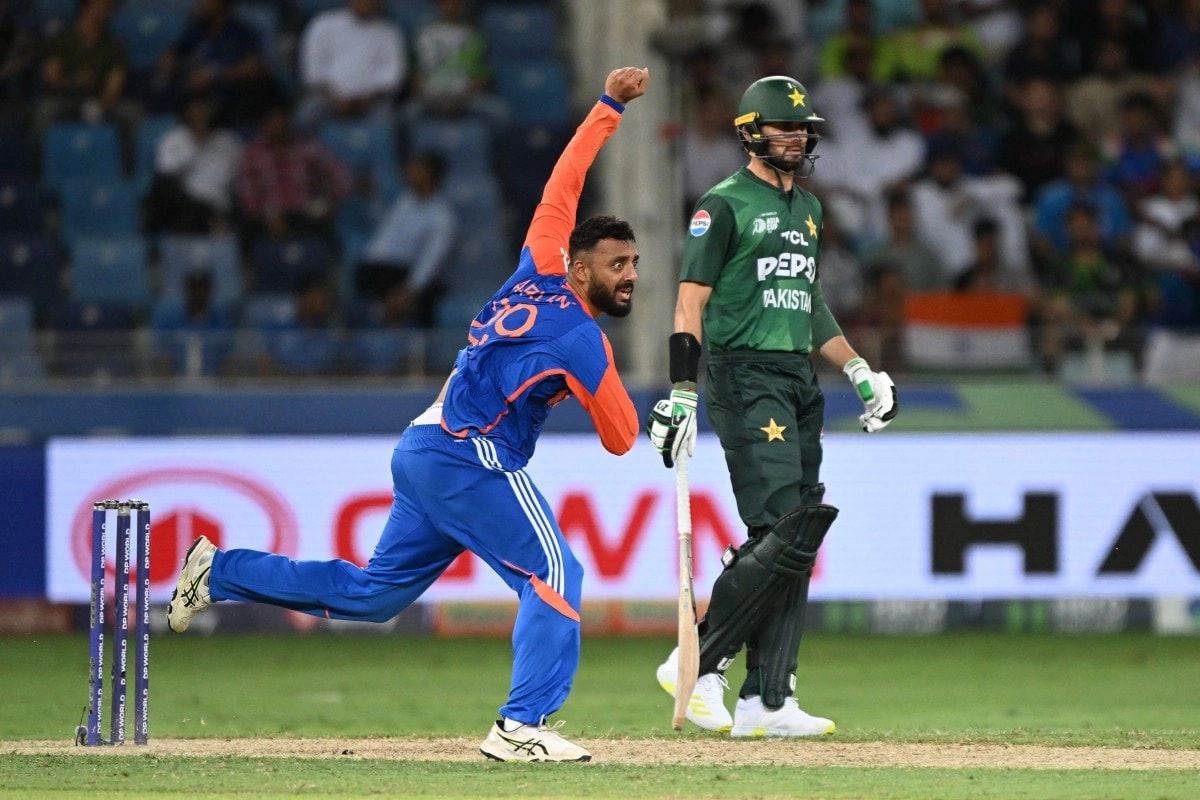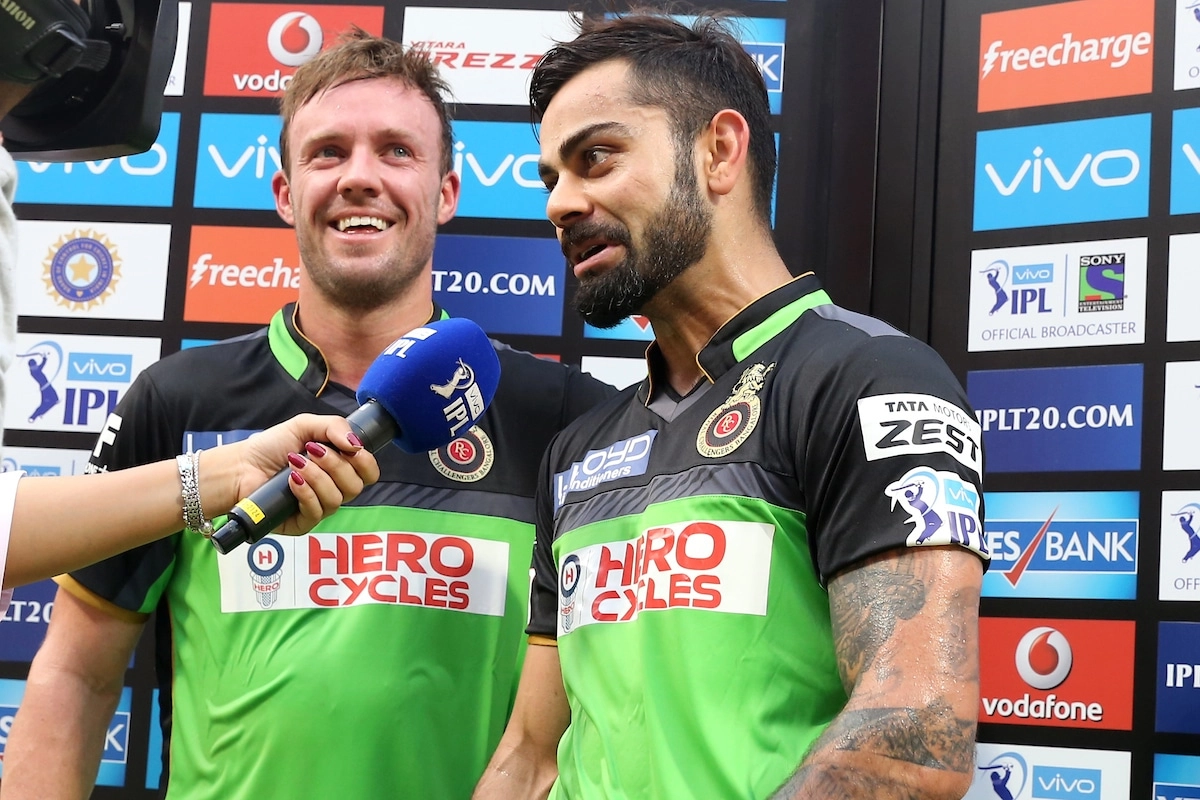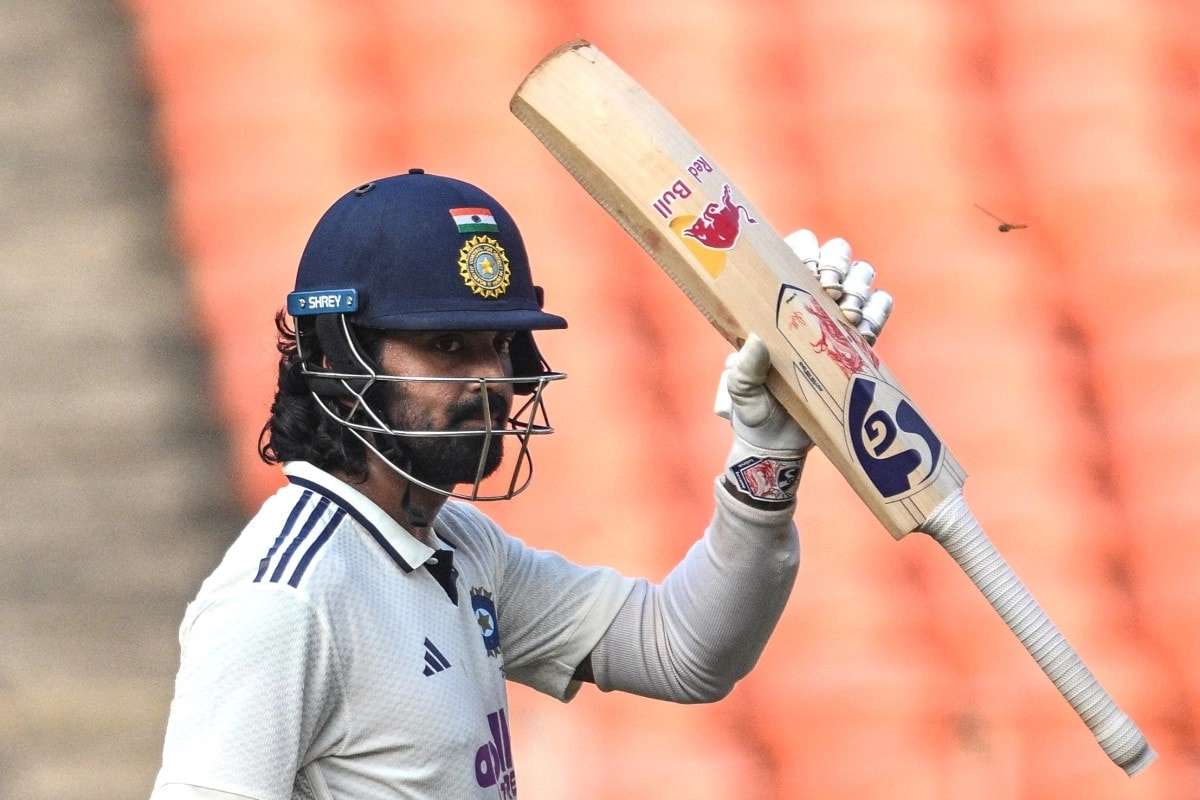In a recent turn of events that has left cricket fans and players alike in shock, Karun Nair received a poignant message from the selectors indicating that they are moving on from his inclusion in the national team. Nair, who once made headlines for his remarkable triple century in Test cricket against England, has struggled to find a consistent place in the squad since then. The selectors’ decision sends a strong signal about the competitive nature of Indian cricket, where even talented players can find themselves on the fringes due to performance inconsistencies or emerging talents.
Dinesh Karthik, another seasoned cricketer who has navigated the highs and lows of his career, responded to the situation with an unfiltered take that resonated with many. Karthik, known for his candid opinions, emphasized the emotional toll such decisions can take on players. His remarks highlight the often-overlooked human element behind the statistics and performance metrics that govern selection processes. In an environment where young talent is constantly emerging, the pressure to perform is immense, and the stakes are high for every player vying for a spot on the national team.
The cricket community is abuzz with discussions about the implications of such decisions on players’ careers and mental health. Nair’s journey, marked by a spectacular debut and subsequent struggles, serves as a reminder of the volatility within professional sports. Fans and analysts alike are left to ponder the criteria that drive selection decisions and the ways in which they can impact a player’s confidence and future opportunities. Karthik’s outspoken nature in this context underscores the need for open dialogue about the challenges faced by athletes, particularly in a sport as demanding as cricket, where every performance is scrutinized and every choice has lasting consequences.
As the selectors move forward, the cricketing world watches closely, not just for the outcome of such decisions but for the broader narrative they create about player development and retention in competitive environments. Nair’s experience and Karthik’s candid commentary may serve as catalysts for change, prompting discussions on how teams can better support players during transitions and the importance of mental resilience in high-pressure situations. Ultimately, the intersection of talent, opportunity, and emotional well-being remains a critical aspect of the sport, one that deserves continued attention and empathy from all stakeholders involved.




